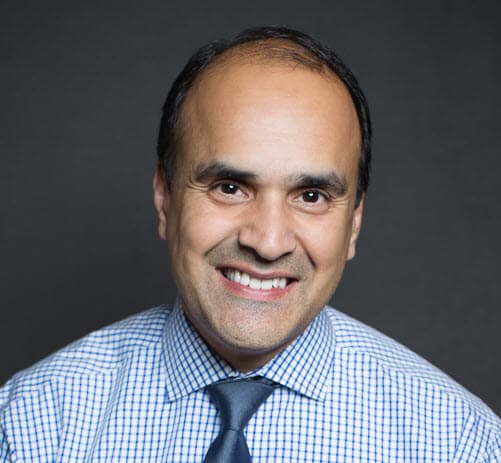
@ShahidNShah


I was recently interviewed for a nice article on why and how private physician practices should push for new technologies. Andrea Downing Peck did a pretty good job putting together a collage of views from me and some of my well known colleagues online: Mary Pat Whaley, David Henriksen, Dr. Jaan Sidorov, Shari Crooker, Rosemarie Nelson, David Harvey, David Williams.
Here are some of my favorite quotes (taken directly from the article):
Probably the single best advice came in the paragraph below (make sure to get the integration with advanced functionality):
Describing the practice’s first go-round with an EHR as “disastrous because it was so complicated and expensive,” McMahon has made paramount selecting the right EHR/PM this time around. Her wish list for a cloud-based integrated EHR/PM system makes ease of use a priority along with features such as voice dictation, e-prescribing, integration with scanners and fax machines, interfaces with existing medical equipment, and a patient portal that offers appointment reminders and bill payment options.
When looking for integrated solutions, though, be sure to heed Dr. Charlton’s advice and go modular and not monolithic. Over the long run, no single solution will fit your bill so you need to prepared to become an integration specialist.

Shahid Shah is an internationally recognized enterprise software guru that specializes in digital health with an emphasis on e-health, EHR/EMR, big data, iOT, data interoperability, med device connectivity, and bioinformatics.
Connecting innovation decision makers to authoritative information, institutions, people and insights.
Medigy accurately delivers healthcare and technology information, news and insight from around the world.
Medigy surfaces the world's best crowdsourced health tech offerings with social interactions and peer reviews.
© 2023 Netspective Media LLC. All Rights Reserved.
Built on Jan 17, 2023 at 9:26am